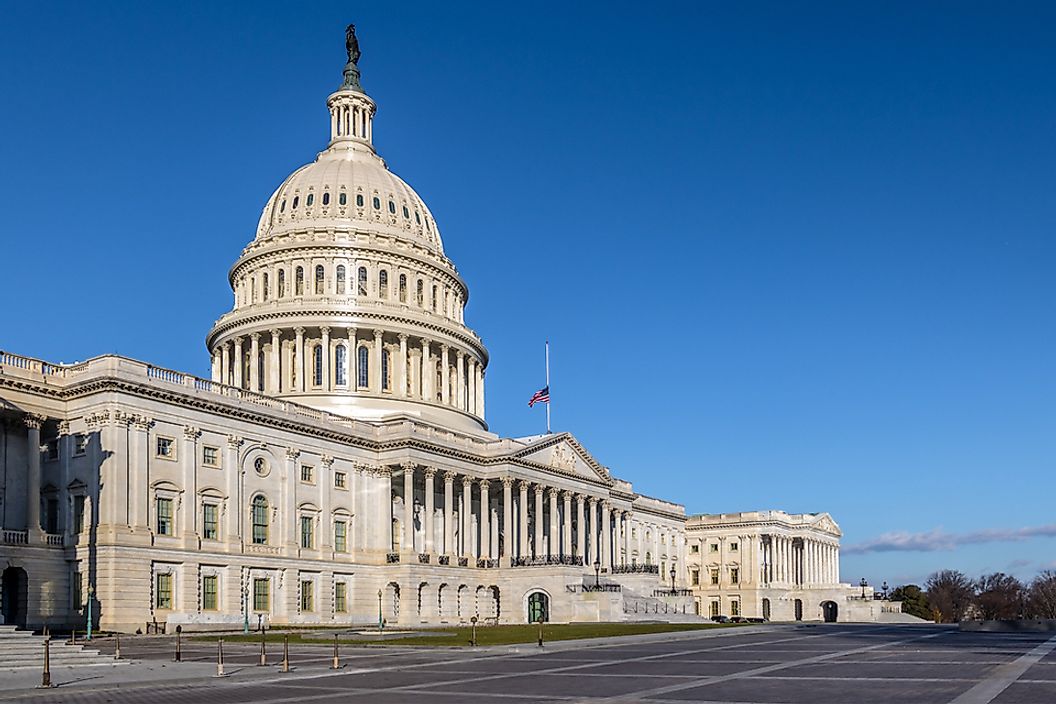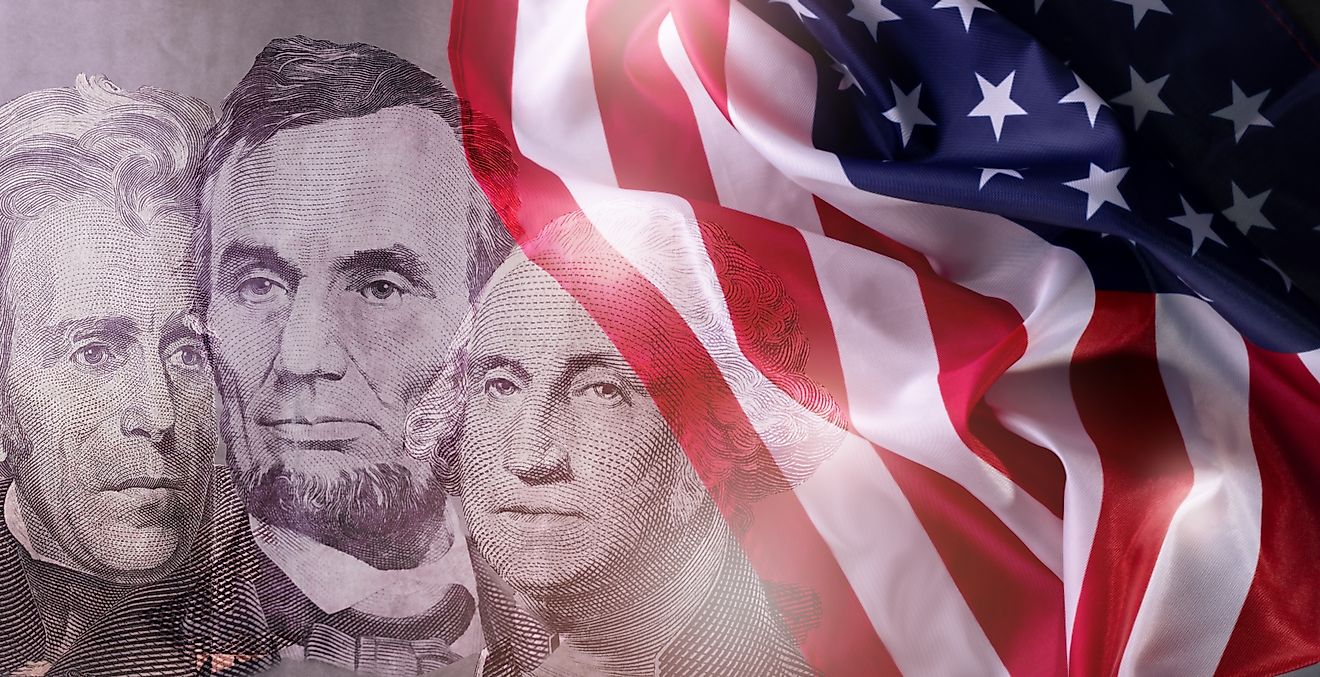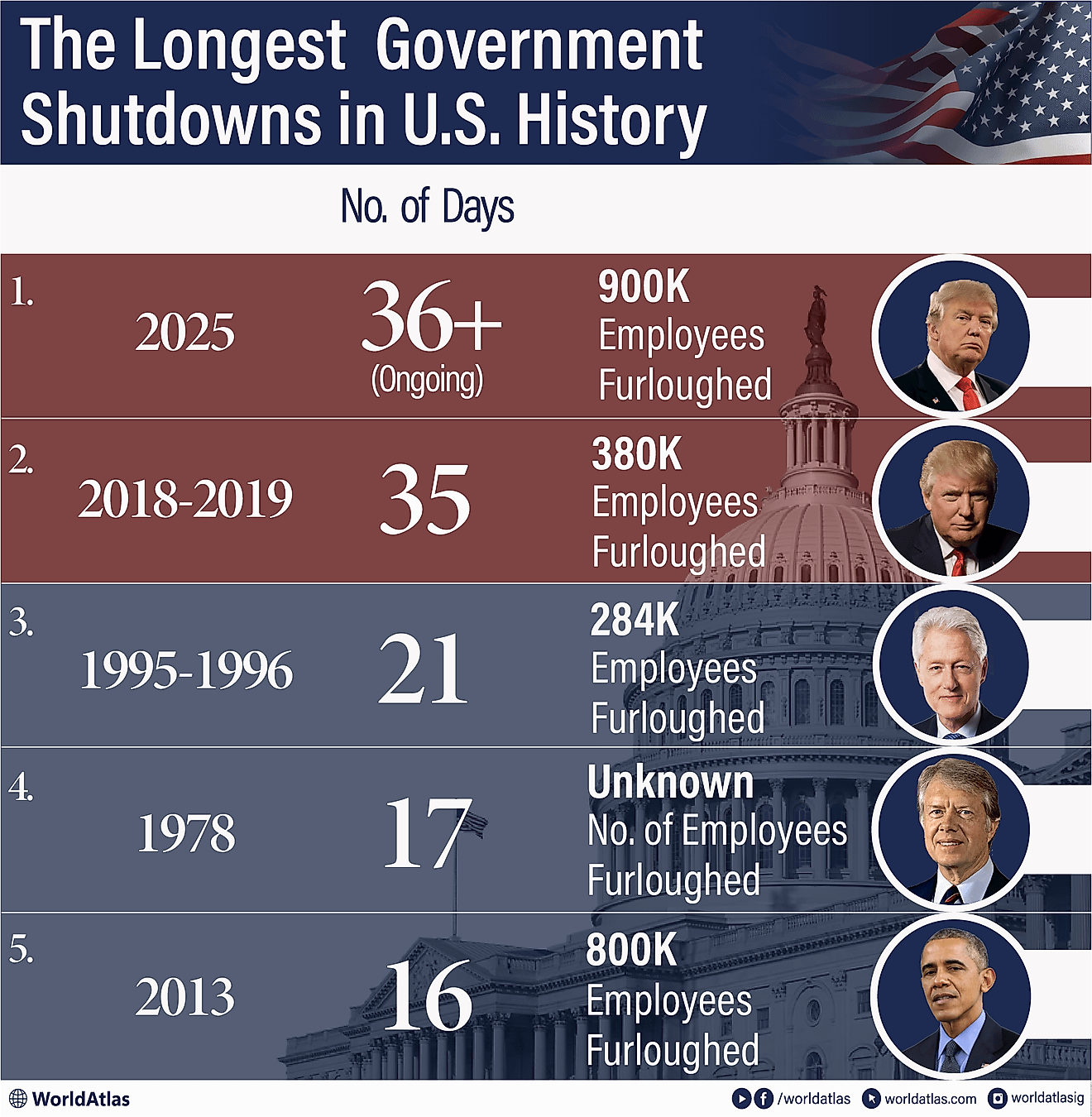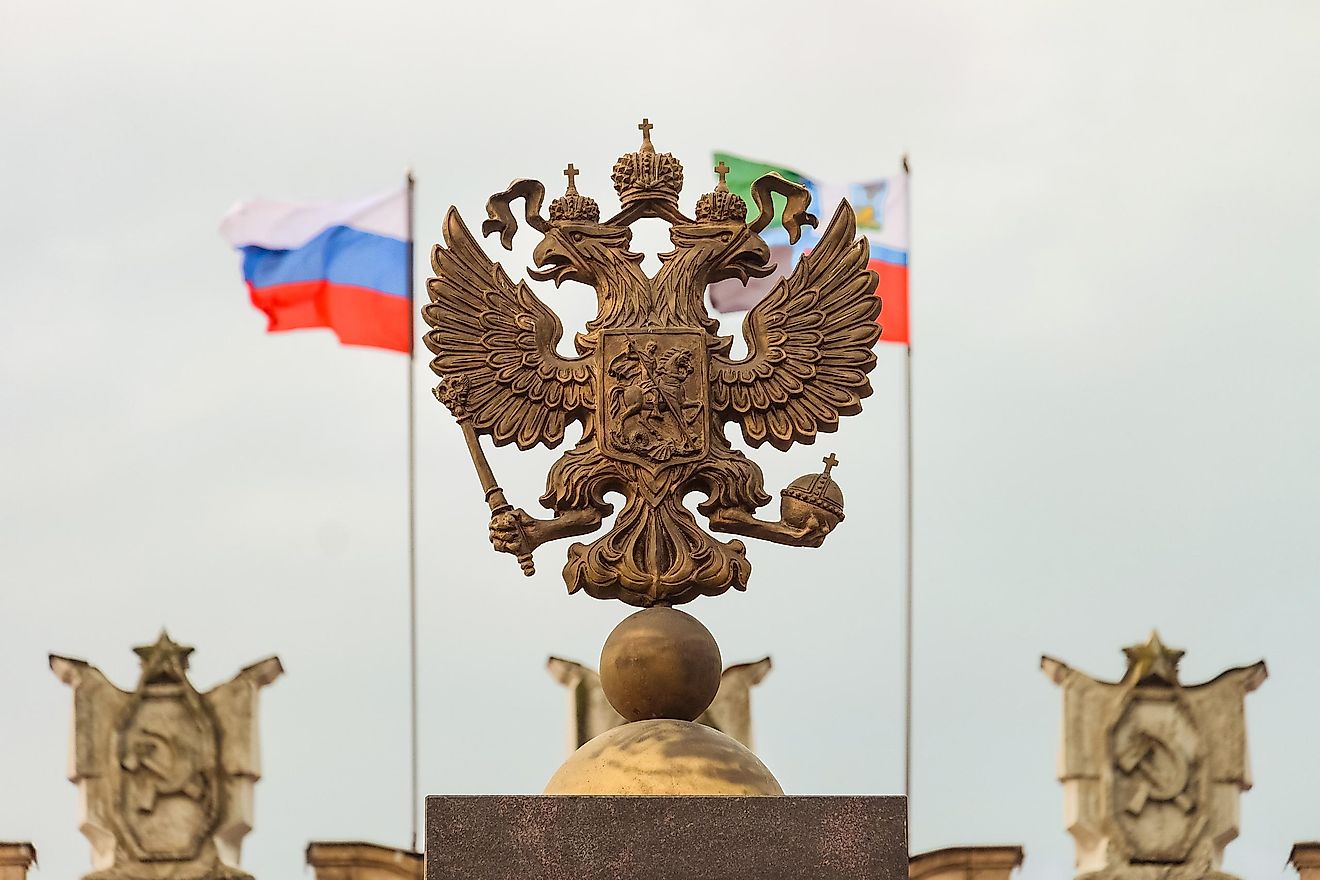What Factors Affect the Selection of a City to Serve as a Country's Capital?

A country's capital serves as its primary hub for political activity and governmental power. Generally speaking, the majority of political authority is concentrated in a nation’s capital. Capitals may house all governmental branches, which typically includes legislative, executive, and judicial bodies. Additionally, capital cities may also act as cultural centers, and are often filled with historic monuments and important locations, as well a wide range of ethnicities. This article discusses what specific factors affect the selection of a particular city to serve as the capital of a country.
Factors That Influence the Selection of Capitals
History
History is one of several factors that influence why some cities serve as national capitals. Historians refer to these types of cities as natural capitals, meaning that these places have naturally grown in importance and eventually evolved into national capitals through the course of history. This may occur simply because a city has grown to have the largest population within its country, or because it was once the home of important royal figures.
An example of a present-day capital that was selected due to its historical evolution is Madrid. In the 16th century, the city was largely unimportant and had a relatively small population. When King Philip II took an interest in the city and moved to one of its vacant castles, the politics and public administration of Spain followed. Since Madrid became the home of the monarchy, it became the political hub of the country as well. In 1931, after nearly 400 years serving as the capital, Madrid was officially recognized by the Spanish Constitution.
Geographic Location
Other cities are chosen to serve as capitals based on their geographic location. When geography is the biggest influential factor in selecting a national capital, the location is generally considered strategic for military and defense purposes. Researchers have found that throughout history many capitals selected for geographic and strategic purposes are located near the busiest border of a country. Location is also important in order to ensure that citizens have equal access to the national capital. In this case, central locations are typically chosen.
Brasilia, the current capital of Brazil, is an example of a city chosen to serve as a capital based on its geographic location. In fact, this city was designed in 1956 with the express intention of moving the national capital to a more centrally located position. Prior to this shift, Sao Paulo was the capital of Brazil, and its location along the Atlantic coastline left it vulnerable to military attacks. Additionally, the city was not equally accessible to the country’s residents. Brasilia is located within the central western region of Brazil, in the highlands area. The city is often touted as a prime example of urban planning, as it is laid out in a grid-like fashion with specific zoning designations for government buildings, embassies, hotels, and banks.
Religion
Religion has also played in role in the selection of certain national capitals around the world. This factor has influenced the selection of certain cities to serve as capitals due to the role religion has played in local politics. Some countries are governed under a theocracy, which means that political power is granted by the authority of a god or gods. In some cases, cities have served as the center of religious activity for a country, or are believed to be the home of an important god or deity. Because of their religious importance, such cities are chosen as national capitals.
Throughout the world, several cities have served as capitals based on religious importance. One of the most well-known examples of this is Rome, the capital of Italy. The office of the Pope of the Catholic Church has been located in Rome since at least the 1st century AD. The church slowly gained more political power throughout the Roman Empire and maintained this power after the fall of the empire. By the 700s, Rome had become the capital of the Papal States, a group of Italian territories under the control of the Catholic Church, and it maintained this position for more than 1,100 years. Given its length of importance as a religious and political center, Rome was officially established as the capital of Italy in 1871.
Economy
The economy of a city is also cited as one of the most important factors when designating a capital. When a city is a major trading center, it becomes important on an international level. As such, the economic hub of a country often comes to be a representative of the entire country to populations around the world. This global recognition, combined with a healthy economy, also works to attract political activities to an area.
One example of a capital established on the grounds of its healthy economy is London, the capital of England. The economic importance of this city dates back to the time of the Roman Empire, when London was the economic center of Britain. Historians often cite the geographic positioning of this city as a major factor in its early economic growth and development. It maintained its position as the richest and most heavily populated city throughout the Middle Ages, and by 1265 Parliament was meeting in this city.











